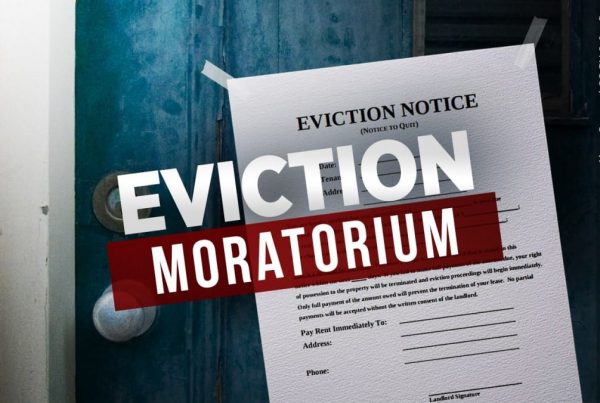Under a proposed bill, Oregonians with pending applications for rental assistance could get a 60-day extension
PORTLAND, Ore. — Oregon’s renters have been protected by a state-imposed moratorium during the pandemic. When it expires on June 30, landlords can evict those who can’t pay.
State lawmakers are considering whether to extend the state’s eviction moratorium. This week, they outlined a proposal to protect renters from eviction for nonpayment for 60 more days, as long as they have applied for state rental assistance.
Marih Alyn-Claire, a tenants advocate, started a petition asking local and state governments to extend the moratorium beyond 60 days.
“Time for people to get their jobs back, time for the companies to come back,” said Alyn-Claire, “because in 60 days if you don’t have a good paying job, you’re not going to be able to hold on to your housing. And if you get evicted, then how are you going to rehouse yourself from being evicted?”
There is opposition to the proposed 60-day extension.
“There’s a lot of landlords out there who can’t afford that,” said Christian Bryant, president of the Portland Area Rental Owners Association, in partnership with RPM Education.
He says the last 15 months have already been tough for smaller landlords who were forced into foreclosure or had to sell property.
“There was definitely help that was needed, protection that was needed so that we didn’t end up with more homeless than we already did. But it’s not fair to do it in ways of passing laws like this which forces landlords to foot the bill and subsidize that help,” said Bryant.
A third round of the Landlord Compensation Fund went out early June.
Oregon allocated a total of $150 million to the relief fund to compensate landlords for up to 80% of unpaid rent
“It’s a good band aid but I don’t think it’s a fix,” said Bryant. “If the foreclosure moratorium that recently got extended, if that’s expires before they are able to get caught up on all the unpaid rents and mortgage payments, then there a decent chance that 80 cents on a dollar is not going to be enough.”
Bryant and Alyn-Claire both believe lawmakers need to consider everyone involved before passing new amendments
“It’s unfair to put that bill on the landlords. If we’re going to provide a social service to help out a segment of the population, then we need to agree as a population to split that cost up among all of us,” said Bryant.
“Why don’t we take the time and deal with the different income groups more appropriately rather than go right in the middle for something that’s one size fits all and leaves this group totally out,” said Alyn-Claire.




